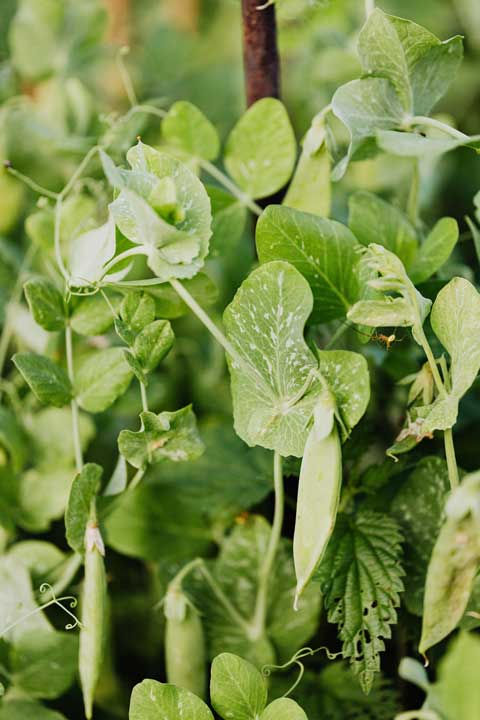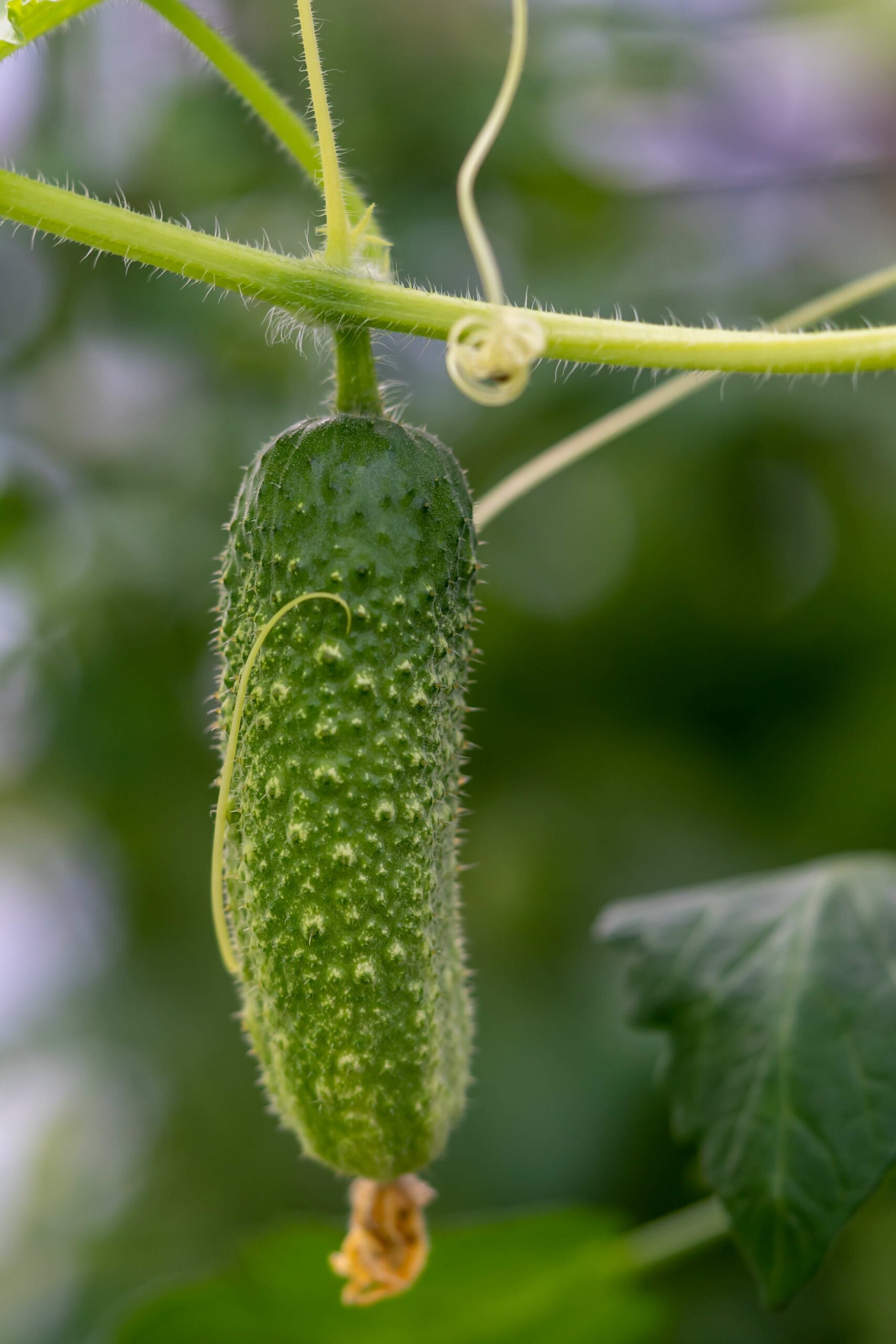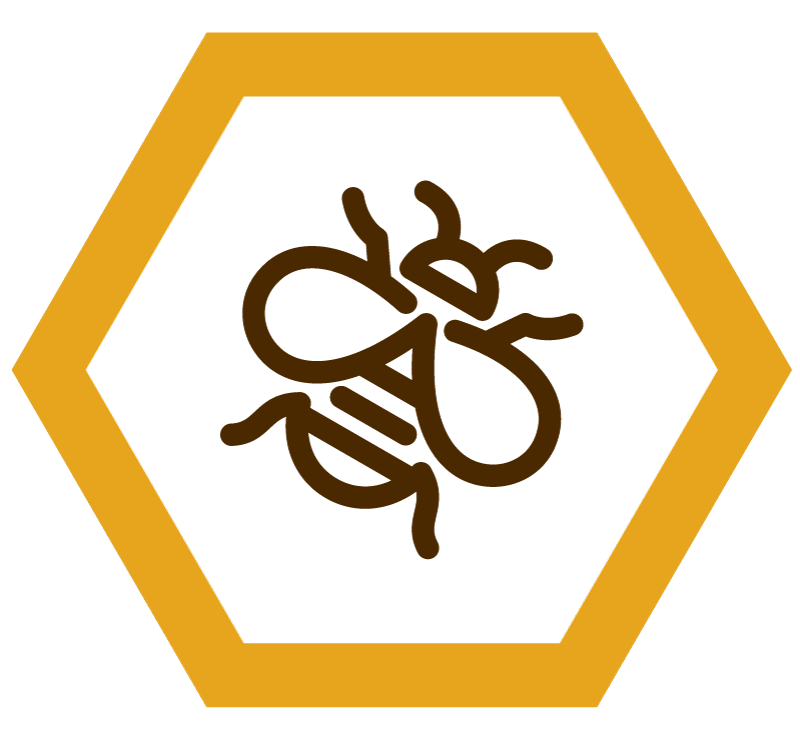Do you want to make sure your vegetable patch or fruit trees get pollinated? Then you need the help of solitary bees in your backyard.
There are over 400 species of Solitary Bees in Ontario. These bees do not live in social structures, but rather forge for nectar and pollinate independently. Vegetables and fruit such as pumpkins, squash, beans, apples, cherries, or blueberries are much more likely to be pollinated and bear fruit with the help of solitary bees in your backyard.
How to attract solitary bees to your backyard
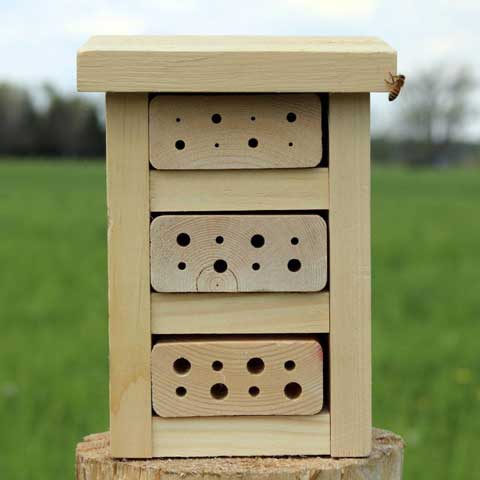
A native pollinator nest is a great way to attract solitary bees to your backyard.
The Backed By Bees Pollinator Nest is designed specifically for Ontario native bees as the nesting holes imitate the nest sizes found in the wild.
Small holes attract pollinators such as Small Carpenter Bees while medium and large holes attract Green Metallic Sweat Bees, Mason Bees and Leafcutter Bees.
Find these solitary bees in your backyard

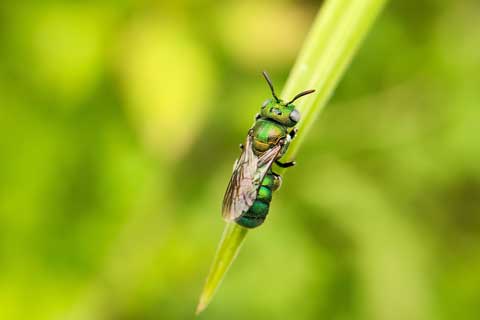
Green Metallic Bees are known for their metallic green coloration, which can range from bright emerald green to duller shades of green or blue. These bees are often referred to as “sweat bees” because they are attracted to the salt in human sweat.
They are important pollinators for a wide variety of plants, including many wildflowers and crops such as strawberries and blueberries. They are also important for the environment as they help to aerate soil by creating small holes in the ground.
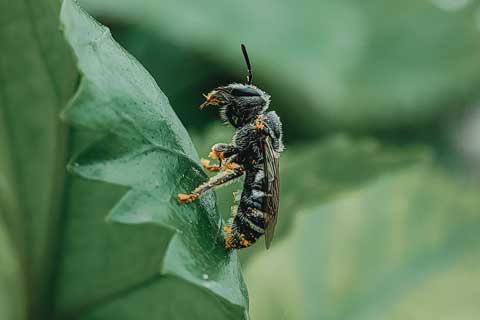
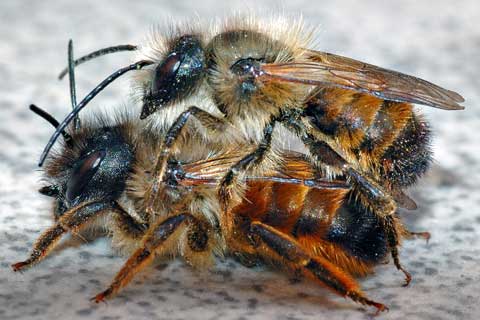
Mason Bees are named for their habit of using mud to construct their nests, which they build in small cavities such as hollow stems, cracks in wood, or holes in walls.
They are important pollinators of fruit trees such as apple, cherry or plum, particularly in early spring when other bee species may not yet be active. They are gentle and unlikely to sting. To encourage mason bees, provide suitable nesting sites and a source of mud in a sunny, sheltered location.
Squash Bees are important pollinators of squash and pumpkin crops. These bees are typically small to medium in size, ranging from about 8 to 14 mm in length, and are often dark in colour with some metallic sheen. Squash bees are highly adapted to pollinating plants in the Cucurbitaceae family, including pumpkins, squash, and gourds, and will often visit these plants exclusively during their blooming season.

Plants that will attract and feed solitary bees in your backyard
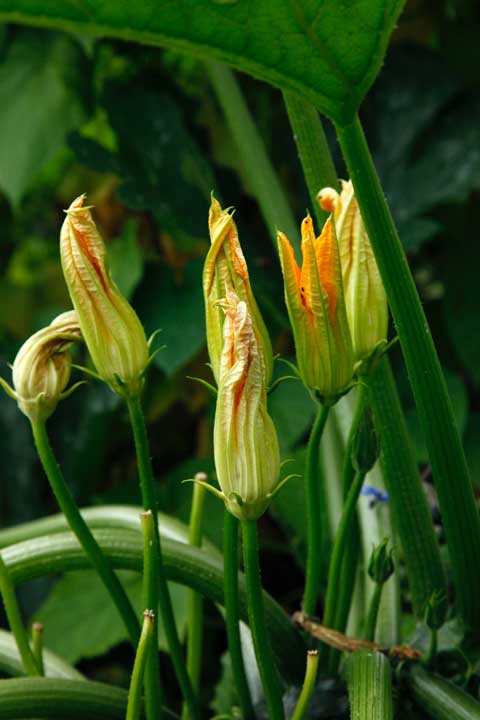
Squash flowers have a unique shape and structure that makes them difficult for other pollinators to access, but Squash Bees have specialized mouthparts and hairs on their legs that allow them to efficiently collect and transfer pollen from flower to flower.
Legumes, such as beans and peas particularly attract the Leafcutter Bee, Mason Bee, Honey Bee and Bumblebee.
